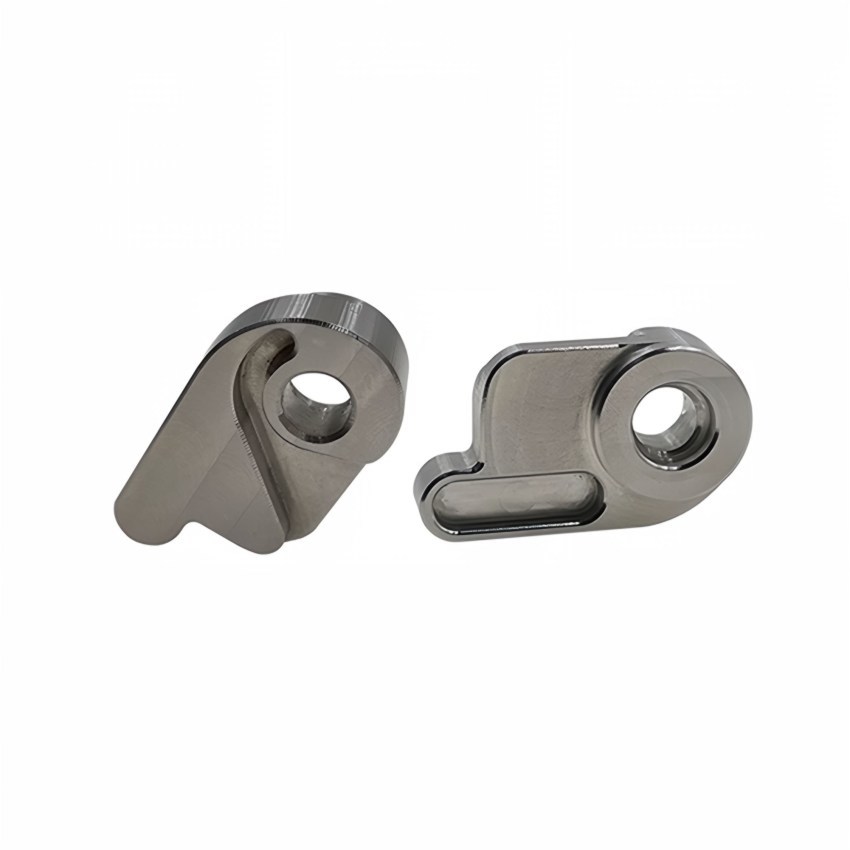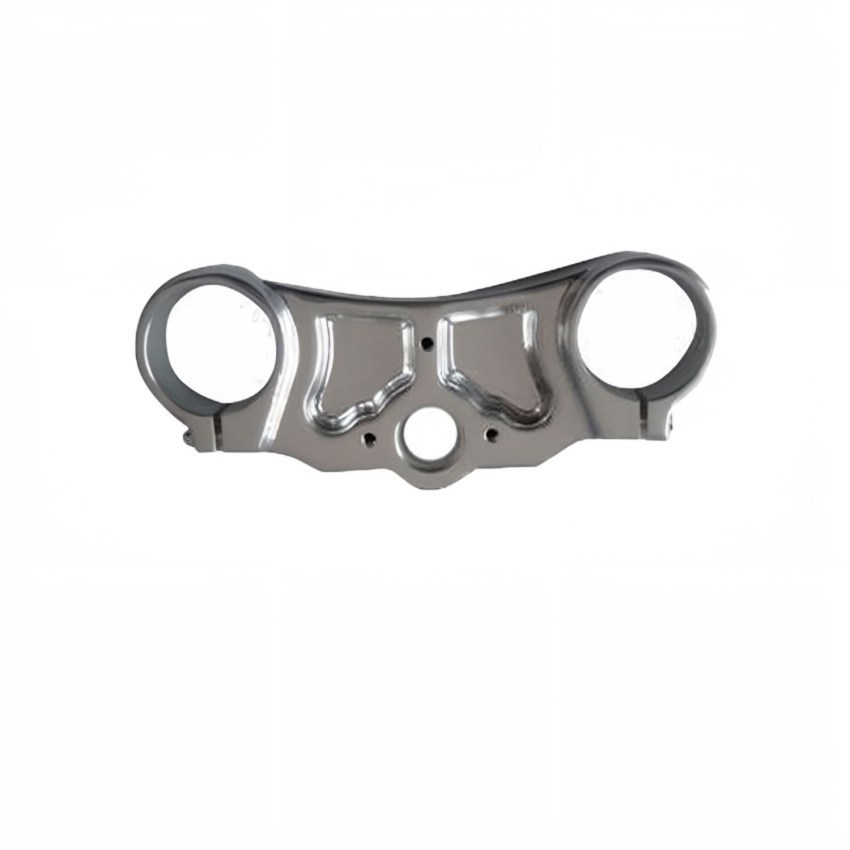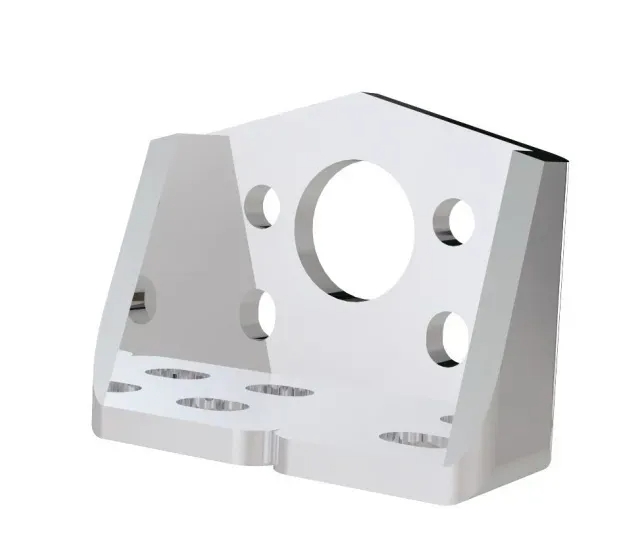Understanding Precision Sheet Metal: The Backbone of Modern Manufacturing
Release time:
2025-08-13
Precision sheet metal is a vital aspect of modern manufacturing, particularly in industries that demand high-quality and fine-tuned components. This process involves the cutting, bending, and assembling of thin sheets of metal into specified shapes and sizes, often referred to as “sheet metal fabrication.” The precision achieved in this process is fundamental for creating parts that fit together s

Precision sheet metal is a vital aspect of modern manufacturing, particularly in industries that demand high-quality and fine-tuned components. This process involves the cutting, bending, and assembling of thin sheets of metal into specified shapes and sizes, often referred to as “sheet metal fabrication.” The precision achieved in this process is fundamental for creating parts that fit together seamlessly in a wide range of applications, from automotive components to intricate electronic enclosures.
One of the primary benefits of precision sheet metal fabrication is its ability to produce lightweight yet robust parts. This characteristic is particularly valuable in industries like aerospace and automotive, where reducing weight can lead to improved fuel efficiency and overall performance. Moreover, precision sheet metal can easily accommodate various materials, including aluminum, stainless steel, and copper, making it a versatile choice for manufacturers looking to optimize their offerings.
The technology involved in precision sheet metal fabrication has significantly evolved over the years. Advanced CNC (Computer Numerical Control) machinery allows for highly accurate cuts and bends, ensuring that each piece meets the exact specifications required by engineers. This level of precision minimizes waste and reduces the need for extensive post-processing, which can save both time and resources in the manufacturing cycle.
Additionally, with the rise of automation and robotics in manufacturing, precision sheet metal processes have become even more efficient. Automated systems can handle repetitive tasks, freeing up skilled workers to focus on more complex and creative aspects of production. This shift not only enhances productivity but also improves the overall quality of the finished products.
In terms of design, the flexibility offered by precision sheet metal allows engineers to create complex shapes and features that might be challenging or costly to achieve through other manufacturing methods. Techniques like laser cutting and waterjet cutting provide a high degree of freedom in design, enabling the production of intricate geometries and fine details.
Furthermore, precision sheet metal plays a critical role in the sustainability efforts of many manufacturing companies. By optimizing material usage and reducing scrap, businesses can lower their environmental impact, which is becoming increasingly important in today’s eco-conscious market.
In conclusion, precision sheet metal is an indispensable element in the realm of manufacturing and machining. Its unique benefits, coupled with advancements in technology, make it a preferred choice for producing reliable and efficient components across various industries. As manufacturing continues to evolve, the role of precision sheet metal will undoubtedly grow, driving innovation and quality in the production process.
One of the primary benefits of precision sheet metal fabrication is its ability to produce lightweight yet robust parts. This characteristic is particularly valuable in industries like aerospace and automotive, where reducing weight can lead to improved fuel efficiency and overall performance. Moreover, precision sheet metal can easily accommodate various materials, including aluminum, stainless steel, and copper, making it a versatile choice for manufacturers looking to optimize their offerings.
The technology involved in precision sheet metal fabrication has significantly evolved over the years. Advanced CNC (Computer Numerical Control) machinery allows for highly accurate cuts and bends, ensuring that each piece meets the exact specifications required by engineers. This level of precision minimizes waste and reduces the need for extensive post-processing, which can save both time and resources in the manufacturing cycle.
Additionally, with the rise of automation and robotics in manufacturing, precision sheet metal processes have become even more efficient. Automated systems can handle repetitive tasks, freeing up skilled workers to focus on more complex and creative aspects of production. This shift not only enhances productivity but also improves the overall quality of the finished products.
In terms of design, the flexibility offered by precision sheet metal allows engineers to create complex shapes and features that might be challenging or costly to achieve through other manufacturing methods. Techniques like laser cutting and waterjet cutting provide a high degree of freedom in design, enabling the production of intricate geometries and fine details.
Furthermore, precision sheet metal plays a critical role in the sustainability efforts of many manufacturing companies. By optimizing material usage and reducing scrap, businesses can lower their environmental impact, which is becoming increasingly important in today’s eco-conscious market.
In conclusion, precision sheet metal is an indispensable element in the realm of manufacturing and machining. Its unique benefits, coupled with advancements in technology, make it a preferred choice for producing reliable and efficient components across various industries. As manufacturing continues to evolve, the role of precision sheet metal will undoubtedly grow, driving innovation and quality in the production process.
Key words:





